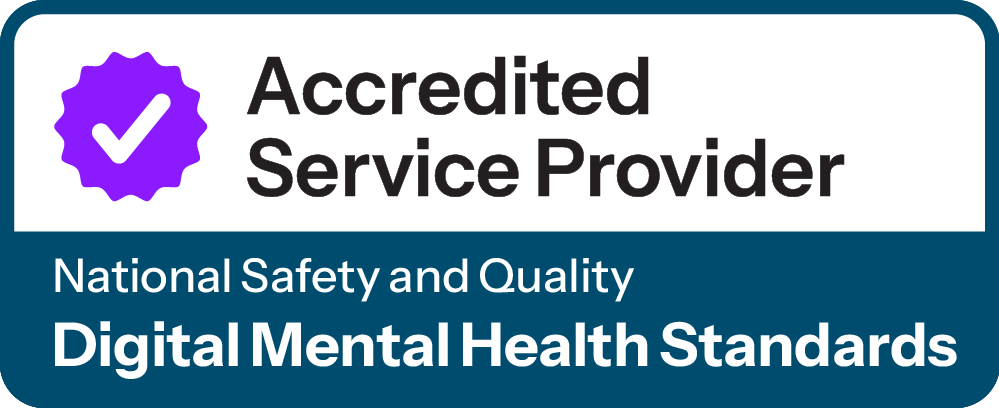With reported incidences of domestic violence increasing over the holiday season ReachOut and 1800RESPECT have worked together to develop this toolkit to help families talk about violence.
Last year 1800RESPECT saw a 22 per cent increase in calls in December when compared to previous months.
The toolkit is a digital information pack including articles, case studies and videos which has been designed to help parents talk about complex issues with their teenagers and help them understand what domestic and family violence is, how it might affect them and what their family can do to support people impacted by family violence.
CEO of ReachOut Ashley de Silva said that although Christmas and summer holidays were synonymous with happy times it can be a difficult time for many young people and their parents who are affected by family violence.
“Over the Christmas holidays families are often spending more time together and this can cause tension, particularly where there are existing issues.”
“This new toolkit is intended to be a starting point for parents if either they personally or their teenager are affected by family violence.  It includes real life stories and practical tips for talking about family violence,” he said.
“The toolkit can be accessed online and anonymously which makes it easy for parents to take what could be a vital step in starting a conversation and seeking help.”
“Family violence is an important issue and this is great partnership with 1800RESPECT,” said Mr de Silva.
1800RESPECT General Manager Nicole McMahon said that on Christmas Day and over the holiday season there is a lot of pressure to have fun, spend time with family and friends and have a good time which can lead to an increase in family violence.
“Talking about what violence is and how you can take practical steps to keep yourself safe can be hard and that’s why we’re giving the tools to families to have positive discussions.”
“We’re working this Christmas to provide additional assistance to families affected by violence because everyone has the right to feel safe and live free from violence,” said Ms McMahon.
Young people and their parents can access the content via ReachOut.com/Parents or 1800RESPECT.com.
If you or someone you know is impacted by sexual assault, domestic or family violence, call 1800RESPECT on 1800 737 732 or visit 1800RESPECT.org.au. In an emergency, call 000.
1800RESPECT is available every day of the year including Christmas, public holidays, 24 hours a day 7 days a week.
Tips for parents talking to teens about family violence
- Find a private time and place where you are unlikely to be interrupted.
- If you’re feeling nervous about these conversations which can be uncomfortable, think through what you want to say before you have the conversation and you may even want to practice.
- Use the conversation to acknowledge what is happening and let your teenager know that you understand that the situation affects them too.
- Let them know that violence is never ok.
- Ask the young person about their feelings and listen. Allow them to share openly without interruption or judgement.
- Don’t forget about yourself – make sure you have the support you need both before and after these conversations.
 ENDS
 Media contact
ReachOut – Tessa Anderssen - 0411 708 587
1800RESPECT – Sacha Fenton - 0467 784 528
About ReachOut
ReachOut has been changing the way people access help since launching as the world’s first online mental health service nearly 20 years ago. Everything they create is based on the latest evidence and designed with experts, and young people or their parents. This is why ReachOut’s digital self-help tools are trusted, relevant and easy to use. Available for free anytime and pretty much anywhere, ReachOut is accessed by 132,000 people in Australia every month. That’s more than 1.58 million each year.
ReachOut.com/about  •  facebook.com/ReachOutAUS  •  twitter.com/ReachOut_AUS
About 1800RESPECT
1800RESPECT is the national sexual assault, domestic and family violence counselling service. It is delivered by Medibank Health Solutions on behalf of the Federal Government Department of Social Services. It is part of the National Plan to Reduce Violence against Women and their Children 2010-2022.






